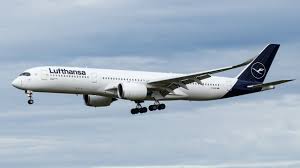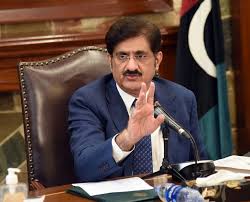What is the EU’s response to airline greenwashing?

Brussels: Flying is one of the most carbon-intensive activities, with aviation accounting for 2.5% of global carbon emissions and remaining one of the most challenging sectors to decarbonise.
The International Energy Agency outlines the importance of aviation for global sustainability:
“Despite reductions in flying during the Covid-19 lockdowns, demand is expected to grow rapidly through 2030. New aircraft can be up to 20% more efficient than the models they replace, but growth in activity has historically outpaced efficiency improvement.”
Sustainable aviation fuels (SAF) are critical to the decarbonisation of this complicated sector, which governments are supporting fiscally, as well as increasing mandated SAF use.
None of this is a secret to the consumers, who are increasingly critical of excessive aviation use, with even Taylor Swift fans criticising the travel habits of her two private jets.
“If we want responsible consumers, we need to provide them with accurate information,” says Vera Jourová, Vice-President of the European Commission for Values and Transparency.
“More and more travellers care about their environmental footprint and choose products and services with better environmental performance. They deserve accurate and scientific answers, not vague or false claims. The Commission is fully committed to empowering consumers in the green transition and fighting greenwashing. We expect airlines, as well as any other industry operator, to make a responsible use of environmental claims.”
So how is the EU preventing airlines from using the complicated nature and sustainability buzzwords of the aviation sector as greenwashing tools to bamboozle consumers?
20 airlines are under fire from commission and national consumer protection authorities, after airlines have made claims that the CO2 emissions caused by a flight could be offset by climate projects or through the use of sustainable fuels, to which the consumers could contribute by paying additional fees.
The organisations have highlighted potentially misleading green claims to the airlines, who then have 30 days to bring their practices in line with EU consumer law. And if they don’t comply with regulations? CPC authorities can decide to take further enforcement actions, including sanctions.
The EU has outlined some ways that airlines can mislead consumers and greenwash their actions. These include:
Carbon offsetting: Suggesting that consumers can offset or reduce flight emissions by paying an additional fee to finance climate projects or to support the use of alternative aviation fuels
SAF: Using the term “sustainable aviation fuels” (SAF) without clearly justifying the environmental impact of such fuels
Terminology: Using the terms ‘green’, ‘sustainable’, ‘responsible’ or other implicit green claims in an absolute way
Unsupported sustainability claims: Claiming that the airline is moving towards net-zero greenhouse gas emissions (GHG) or any future environmental performance, without clear and verifiable commitments, targets and an independent monitoring system
Emissions calculator: Presenting consumers with a calculator for the CO2 emissions of a specific flight, without providing sufficient scientific proof on whether such calculation is reliable and without the information on the elements used for such calculation
Emissions comparison: Presenting consumers with a comparison of flights regarding their CO2 emissions, without providing sufficient and accurate information on the elements the comparison is based on





